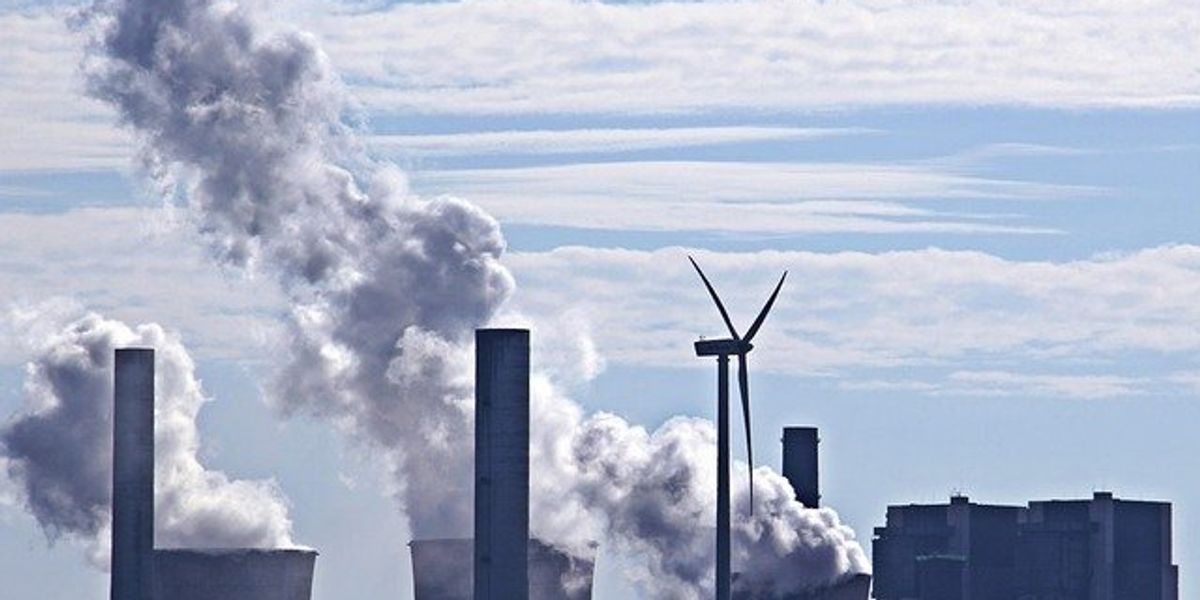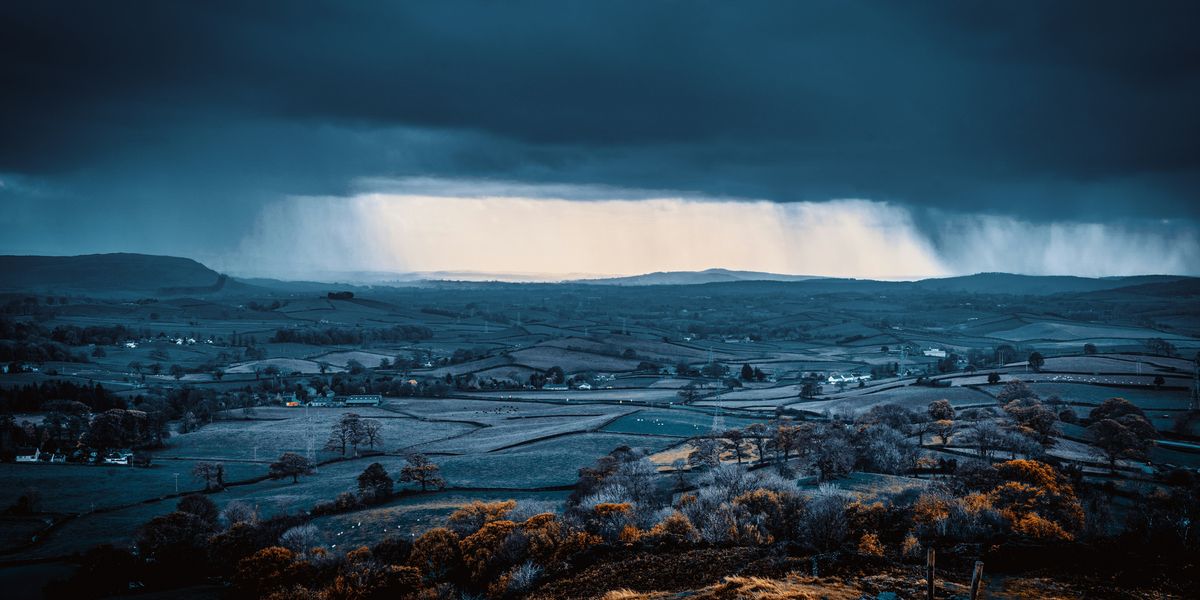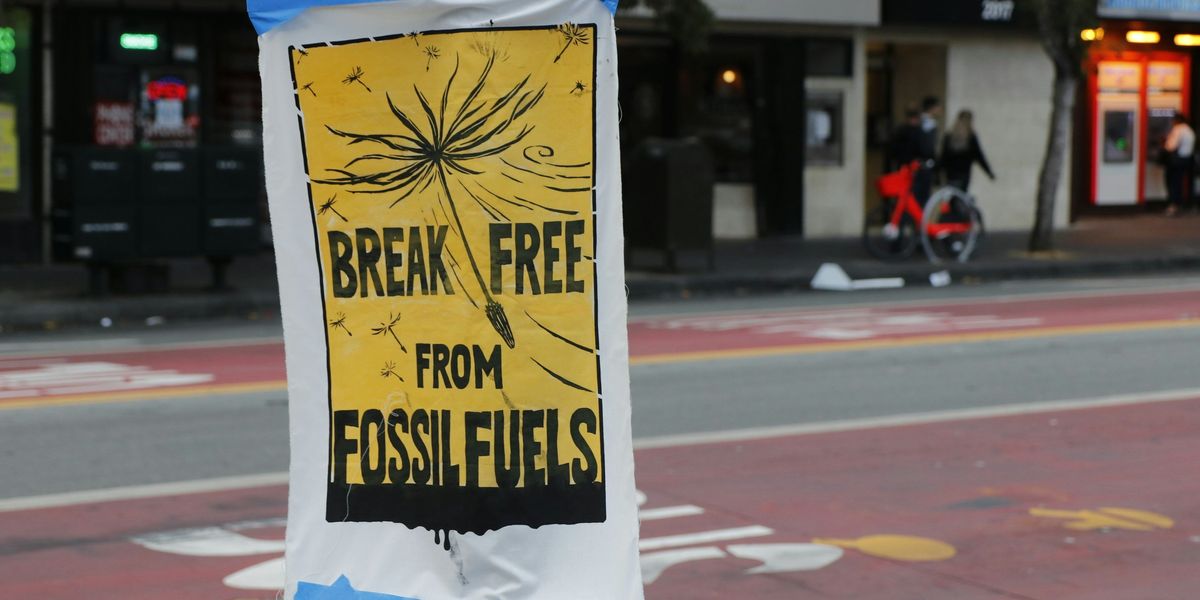artificial intelligence
AI-driven misinformation on climate change is a growing threat
AI tools like Bard and ChatGPT have been found to generate and spread climate change misinformation, raising concerns about their potential impact on public opinion.
In short:
- Studies show that AI tools like Bard and ChatGPT can fabricate climate misinformation, making it harder to distinguish real science from fake.
- AI-generated misinformation can be spread via synthetic media, social bots, and algorithms that tailor content based on users’ biases.
- Researchers are developing AI tools to counter misinformation, but they face challenges such as “hallucinations” and the rapid pace of AI advancement.
Key quote:
“ ... researchers have suggested that AI is being used to emotionally profile audiences to optimize content for political gain.”
— Asheley R. Landrum, associate professor at the Walter Cronkite School of Journalism and Mass Communication and a senior global futures scientist at Arizona State University
Why this matters:
AI-generated climate misinformation threatens to undermine trust in science. Its ability to spread rapidly and persuasively, especially on social media, makes it a significant challenge for combating climate disinformation and influencing public policy.
Related: Fossil fuel industry spreads misinformation to hinder global shift to renewable energy
AI's environmental cost includes massive water and power usage
Each query processed by AI tools like ChatGPT requires significant water and electricity for server cooling, contributing to environmental strain, particularly in areas facing resource shortages.
Pranshu Verma and Shelly Tan report for The Washington Post.
In short:
- ChatGPT consumes about 519 milliliters of water to generate a 100-word email, illustrating the hidden environmental costs of AI usage.
- Data centers, essential for AI operation, use enormous amounts of water and energy, depending on regional factors like heat and electricity prices.
- Big tech companies have committed to greener practices, but their water use and carbon emissions continue to rise.
Key quote:
“AI can be energy-intensive and that’s why we are constantly working to improve efficiency.”
— Kayla Wood, spokesperson for OpenAI
Why this matters:
AI's rapidly growing use adds strain to already taxed water and energy supplies, particularly in vulnerable areas. This highlights the need for better sustainable practices in the tech industry to reduce long-term environmental impacts.
Google's emissions soar due to AI energy demands
Google's greenhouse gas emissions have surged nearly 50% over the past five years, driven by the energy needs of its growing AI technologies.
In short:
- Google’s data centers and supply chain emissions have increased, leading to a 13% rise in total emissions in 2023, reaching 14.3 million metric tons.
- The company’s goal of achieving net zero emissions by 2030 faces significant uncertainty, especially with the unpredictable environmental impact of AI.
- Data centers’ electricity consumption could double by 2026, with AI models contributing to 4.5% of global energy usage by 2030.
Why this matters:
The rapid growth of AI is complicating tech giants' efforts to reduce their climate impact. While AI promises transformative benefits for various sectors, including healthcare, transportation, and climate modeling, the environmental cost cannot be ignored. The surge in emissions raises questions about the sustainability of tech-driven solutions and the industry's role in climate change.
Rethinking portion sizes and inventory to cut food waste
Artificial intelligence is tackling food waste by analyzing what gets tossed in restaurants and unsold in supermarkets, aiming for a greener future.
In short:
- AI tools are identifying surplus food issues, like oversized croissants and unsold onions, to reduce waste and save costs.
- Technologies like Winnow and Afresh offer solutions by monitoring trash and sales data, respectively, helping businesses make smarter decisions.
- Despite their potential, these AI solutions also confront challenges, including their environmental impact and the need for widespread action against food waste.
Key quote:
"It’s a problem that literally gets swept away."
— Marc Zornes, founder of Winnow
Why this matters:
Tackling food waste not only helps reduce unnecessary costs for businesses but also addresses significant environmental concerns, such as greenhouse gas emissions from decomposing food in landfills.
Be sure to read Brian Bienkowski’s 2019 piece: It is time to respect the planet’s boundaries—and overhaul how we eat and waste food—if we want to feed our rising population.
AI's surging power use raises environmental concerns
As global energy demands soar, the explosive growth of AI technology presents significant sustainability challenges.
In short:
- Alex de Vries highlighted the alarming energy consumption of Bitcoin and has now turned his attention to AI's environmental impact.
- De Vries's estimates show integrating generative AI into Google's searches could significantly increase its energy usage.
- The current trajectory of AI technology suggests a stark contrast with global goals of achieving net-zero emissions.
Key quote:
“I was, like, O.K., that’s a massive amount, and why is no one talking about it? I tried to look up some data, but I couldn’t really find anything.”
— Alex de Vries
Why this matters:
Understanding the environmental toll of advancing AI is crucial for health outcomes as it intersects with national efforts to mitigate climate change and shape sustainable technologies.
Artificial intelligence's role in climate change: A double-edged sword
Artificial intelligence, while hailed as a climate crisis solution, may actually worsen it by increasing energy consumption and spreading climate misinformation, a group of environmental organizations cautions.
In short:
- Environmental groups challenge the optimistic view of AI in combating climate change, pointing out its potential to increase energy use significantly.
- AI's energy demands, particularly for data centers, could boost carbon emissions by 80%, despite improvements in energy efficiency.
- The technology also poses a risk of spreading climate disinformation, undermining efforts to address the climate crisis.
Key quote:
“We seem to be hearing all the time that AI can save the planet, but we shouldn’t be believing this hype.”
— Michael Khoo, climate disinformation program director at Friends of the Earth
Why this matters:
While the potential of AI in fighting climate change is immense, it's essential to approach its deployment with caution, ensuring that the use of AI itself does not lead to increased carbon footprints. The development and operation of AI systems require significant energy, highlighting the need for these systems to be powered by renewable energy sources.
Some good news about AI: Researchers find AI may outperform traditional pollution models, which could give more advance warning of bad air days, and reduce harmful exposures and hospital visits.
Microsoft's aggressive AI expansion raises sustainability questions
Microsoft's rapid deployment of data centers, especially in arid regions like Goodyear, Arizona, raises concerns over environmental sustainability and resource consumption.
In short:
- Microsoft's investment in OpenAI has led to a significant increase in the construction of data centers.
- These centers, necessary for cloud computing and AI advancements, are part of the largest infrastructure buildout in history.
- The concentration of such centers in desert areas like Goodyear, Arizona, has environmental implications due to their high water usage.
Key quote:
“Allowing one more data center to come to our state is an easy but stupid decision in a lot of cases. It’s like the cotton candy of economic development.”
— Arizona Attorney General Kris Mayes
Why this matters:
The expansion of data centers is pivotal for technological progress but poses a serious dilemma for water conservation, particularly in desert areas. This tension reflects a broader challenge of balancing innovation with environmental stewardship, an issue of increasing relevance in the face of climate change.
Trees need water. And the Southwest is in a drought. How Tucson is planting a million trees in the semi-arid desert to combat climate change.lanting a million trees in the semi-arid desert to combat climate change.



















